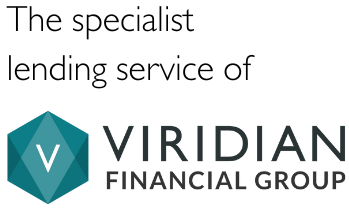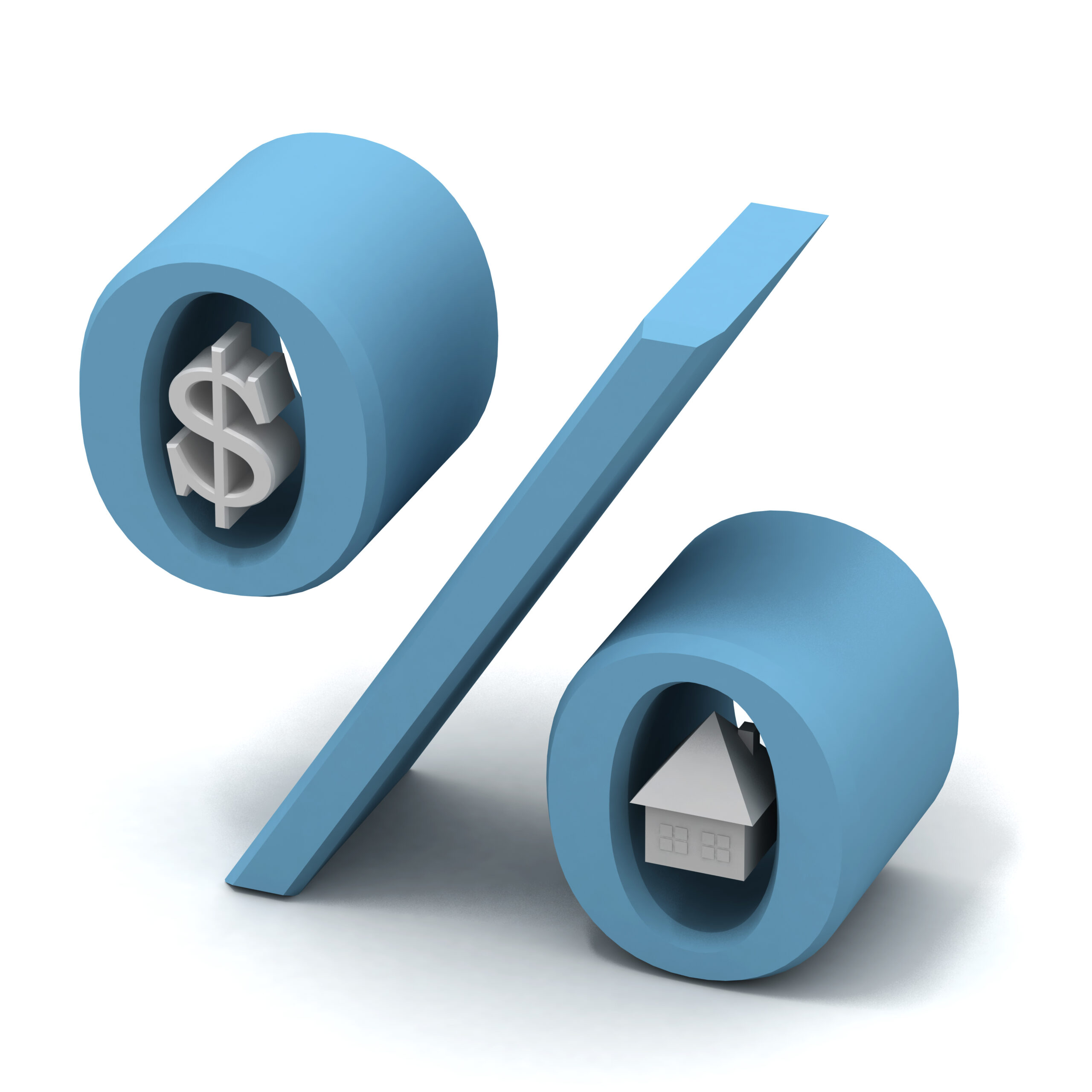
Redraw facilities allow you to deposit spare income into your home loan account, allowing you to redraw a sum equal to the extra repayment amounts in the future. In the meantime, the extra money paid will lower the amount of interest charged while still giving you access to your money. However, there may be restrictions on how much money can be withdrawn and when. For redraw, it depends on whether the facility applies to a fixed-rate or variable loan. Most institutions only allow redrawing from a variable-rate loan, or fixed-rate…












